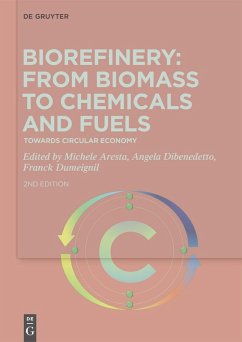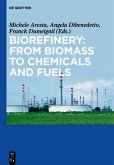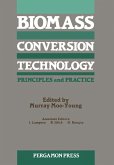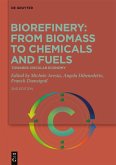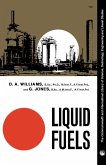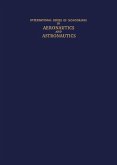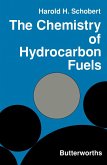Prof. Dr. Michele Aresta holds a chair in Inorganic Chemistry and is Honorary Professor of the Tianjin University. He is President of the Inorganic Chemistry Division of Italian Chemical Society and Director of the 'Interuniversity Consortium on Chemical Reactivity and Catalysis'. His research interests are carbon dioxide utilisation, catalysis and, coordination and metallorganic chemistry. Professor Aresta is author of more than 200 papers and editor of four books. He received the Award of the Italian Chemical Society and the Prize of the Société Française de Chimie for Inorganic Chemistry. Director of CIRCC- National Consortium on Catalysis; President of the Inorganic Chemistry Division of the Italian Chemical Society and of the Inorganic Division of the European Association of Chemical and Molecular Sciences (EuCheMS).
Prof. Dr. Angela Dibenedetto is director of the Interdepartmental Centre on Environmental Methodologies and Technologies-METEA at UNIBA. In 2001 she won the RUCADI Prize on 'Better Carbon Management - An Intelligent Chemical Use of CO2' from ACP-Belgium, Carburos Metalicos-Spain and ENIChem-Italy. Her scientific interests are carbon dioxide utilization in synthetic chemistry, catalysis, coordination chemistry and organometallic chemistry, green chemistry, marine biomass production by enhanced carbon dioxide fixation, marine biomass as source of fuels and chemicals applying the Biorefinery concept.
Prof. Dr. Franck Dumeignil is project coordinator for several chemical projects, including the EuroBioRef Project 'Designing of the Next Generation Bio-Refinery', as well as director for 'Innovative Catalysis and Processes for Oxidation reactions; Biomass Conversion' and associate director for 'Unité de Catalyse et Chimie du Solide'.
Dieser Download kann aus rechtlichen Gründen nur mit Rechnungsadresse in A, B, BG, CY, CZ, D, DK, EW, E, FIN, F, GR, HR, H, IRL, I, LT, L, LR, M, NL, PL, P, R, S, SLO, SK ausgeliefert werden.

